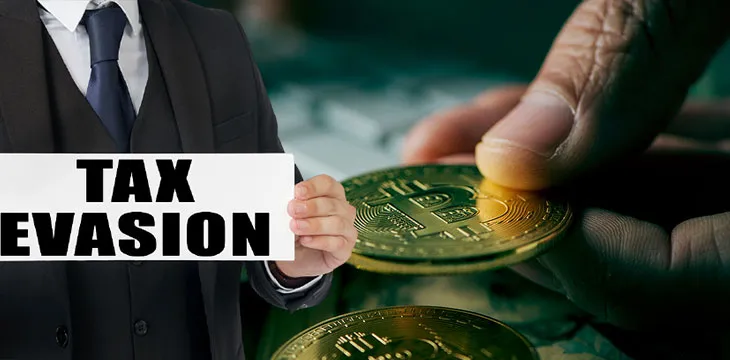|
Getting your Trinity Audio player ready...
|
The Canadian Revenue Agency (CRA) has asked Toronto-based coin exchange Coinsquare for the identity of every one of its clients. The request was made in a September filing to the Canadian Federal Court on the basis that it needs the information to verify that Coinsquare’s customers are meeting their tax obligations.
It’s not the first time a request like this has been made, although perhaps it is the first time a regulator such as the CRA has made one with such a broad scope. Coinbase was ordered by a federal court to hand over a list of all customers who had transacted in more than $20,000 or more over a two-year period, for instance.
The sweeping request will put many on high alert who have mistaken lack of enforcement for legality, but was entirely predictable given the typical aggression with which the likes of the IRS are known to pursue missing tax revenue. With a largely lackadaisical approach to self-regulation, the digital asset and blockchain industry is going to see regulators flex already well-established powers in their direction.
Tax evasion has been one of the many illegitimate uses of digital asset exchanges and the cause of much regulatory consternation. It’s a criminal offense, and regulators have been active in their attempts to stop digital assets being used to avoid paying tax. Her Majesty’s Revenue and Customs (HMRC) in the U.K. announced a £100,000 contract for the development of a tool which would help it track digital assets, noting that most digital asset operations are “taxable economic activity,” while the U.S. IRS has been vocal about the revenue being lost to illegal tax evasion—“The IRS is expanding efforts involving virtual currency, including increased use of data analytics,” according to Commissioner Chuck Rettig.
It does illustrate that the lack of enforcement is no signal that digital assets are tax-free or full-proof means of tax evasion. Rather, it is just a case of regulators catching up with the nuances of blockchain technology and digital assets generally. Those who have hitherto managed to avoid legal action on their unpaid taxes or other criminal activity facilitated by blockchain companies have only done so because they have been allowed to fit into a rapidly narrowing regulatory blind spot.
The irony is that Bitcoin is already capable of being a fundamental piece of tax infrastructure, superior to the status quo in every way. Current tax systems are burdensome: reporting taxation can be a time-consuming and inconvenient process and likewise for the agency responsible for taxation, which involves huge amounts of data processing and reconciliation. Further, there is disconnect between the transaction on which tax is owed (for example, a simple customer-vendor purchase of goods) and what is eventually reported to and reviewed by the government. This leaves much room for transactions to be reported incorrectly or not at all (intentionally or not).
With blockchain as a ledger of transactions, the gap between transactions and the tax collector can be non-existent. The process for parsing, reporting and paying for a taxable event can be built into the blockchain and applied to any transaction between two individuals instantaneously. Everything that needs to happen from the point of sale through to the tax being paid and recorded by the government can happen on the blockchain in accordance with the relevant taxation rules and best of all, can leave an unimpeachable record of the tax that has been applied and to which transaction it applies. So long as the infrastructure that supports it can handle the required throughput at scale (with the Bitcoin SV blockchain, it can), this can provide a complete and accurate tax record far and above the paper systems in use today. What’s more is that any discrepancies that do exist as a result of transactions that for whatever reason were not captured by the tax process will stick out and demand explanation.
It will be bad news to those who make the facilitation of tax evasion—and worse—their business model. Think of the millions in fees that exchanges and tumblers earn off assets being moved as a part of tax evasion schemes which will disappear when governments and regulators begin to see blockchain for the critical piece of regulatory infrastructure that it is capable of being. In turn, this is good news for the rest of us, and for adoption of digital assets and blockchain technology in general.
Follow CoinGeek’s Crypto Crime Cartel series, which delves into the stream of groups—from BitMEX to Binance, Bitcoin.com, Blockstream and Ethereum—who have co-opted the digital asset revolution and turned the industry into a minefield for naïve (and even experienced) players in the market.

 07-02-2025
07-02-2025 





